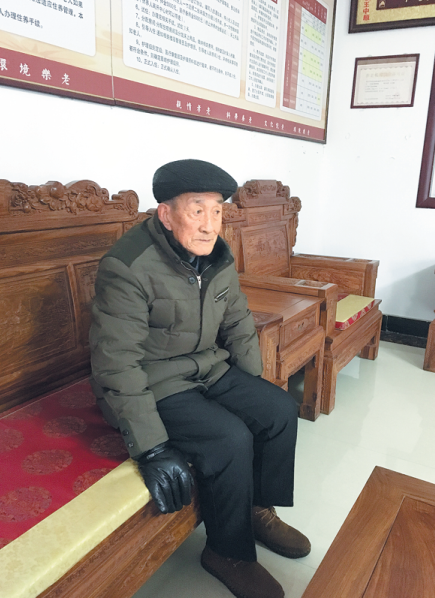Boost for private eldercare facilities
 |
|
Cai Hongyi, 82, sits at the entrance of Kangyi Nursing home, where he spends 1,500 yuan a month for a place with two-bed ward with an attached bathroom.[Photo by Yang Yang/China Daily] |
Elderly care
Meanwhile, besides private nursing homes, the district's 11 towns each has a public social welfare center that houses the elderly who are unable to work and have no family members to care for them.
The government grants 500 yuan to each elderly person per month for their daily expenses.
At the Caiji Social Welfare Center, more than 30 such elderly residents shared 10 rooms.
At the center's canteen, 74-year-old Liu Yulong is cooking lunch. "We pay the elderly who help to cook or clean the place," he says.
"We do not take in people who need nursing care because we do not have funds to pay nurses," he says.
If residents need nursing care, they are transferred to the Kangyi home.
Speaking about how private nursing homes survive, Kangyi's director Liu says that as private businesses, nursing homes in China have very small margins of profit.
"Only 19 percent of privately run homes make profits. Almost half lose money and the rest barely make ends meet," he says.
"In last two years, we have lost more than 100,000 yuan annually," says Liu.
"Even if in the future all the 400 beds are taken we will still make only a small profit mostly from people who need nursing care," he says.
Besides, it is difficult to recruit qualified nurses, especially men, he says.
















